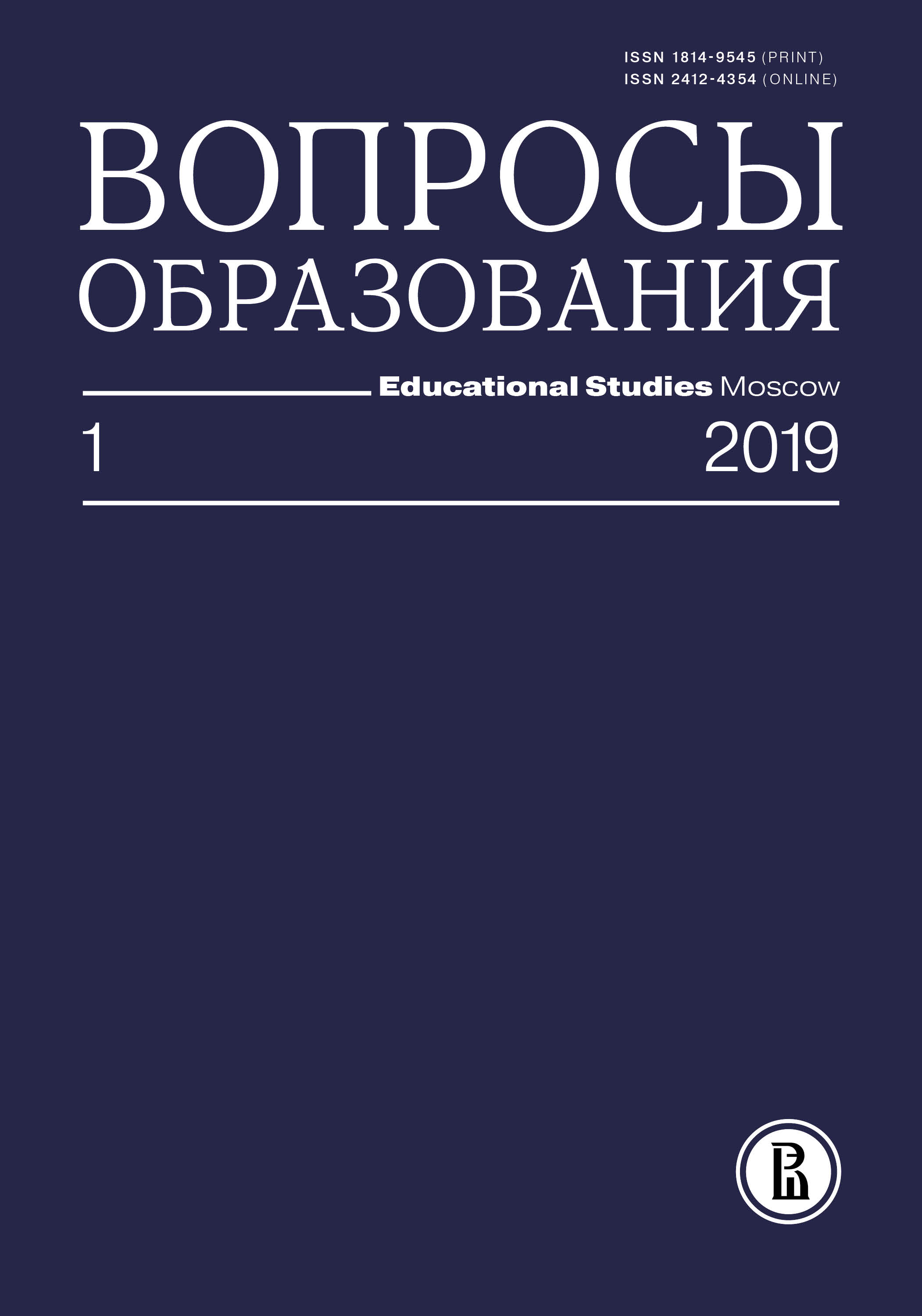New Dimensions of Functional Illiteracy in the Digital Economy
Abstract
We explore the new aspects of functional illiteracy associated with the inability to seamlessly fit into the new economic reality that requires mastering skills and technologies adequate to the digital economy. Data on the level of computer literacy and web accessibility for different categories of population is used as basic indicators of readiness to use digital technology in everyday life and in the workplace. The study shows that about one third of the adult population in Russia is at risk of functional illiteracy. Older cohorts, low-educated people from low-income households, and rural dwellers are the most vulnerable groups. The regional factor makes an additional contribution to the digital divide. We argue that special measures and programs to overcome digital illiteracy targeted at population groups in high-risk geographic areas should be developed. The article is based on the data from the Integrated Household Living Conditions Survey conducted by Rosstat and the Federal Statistical Survey on the Use of Information Technology.









